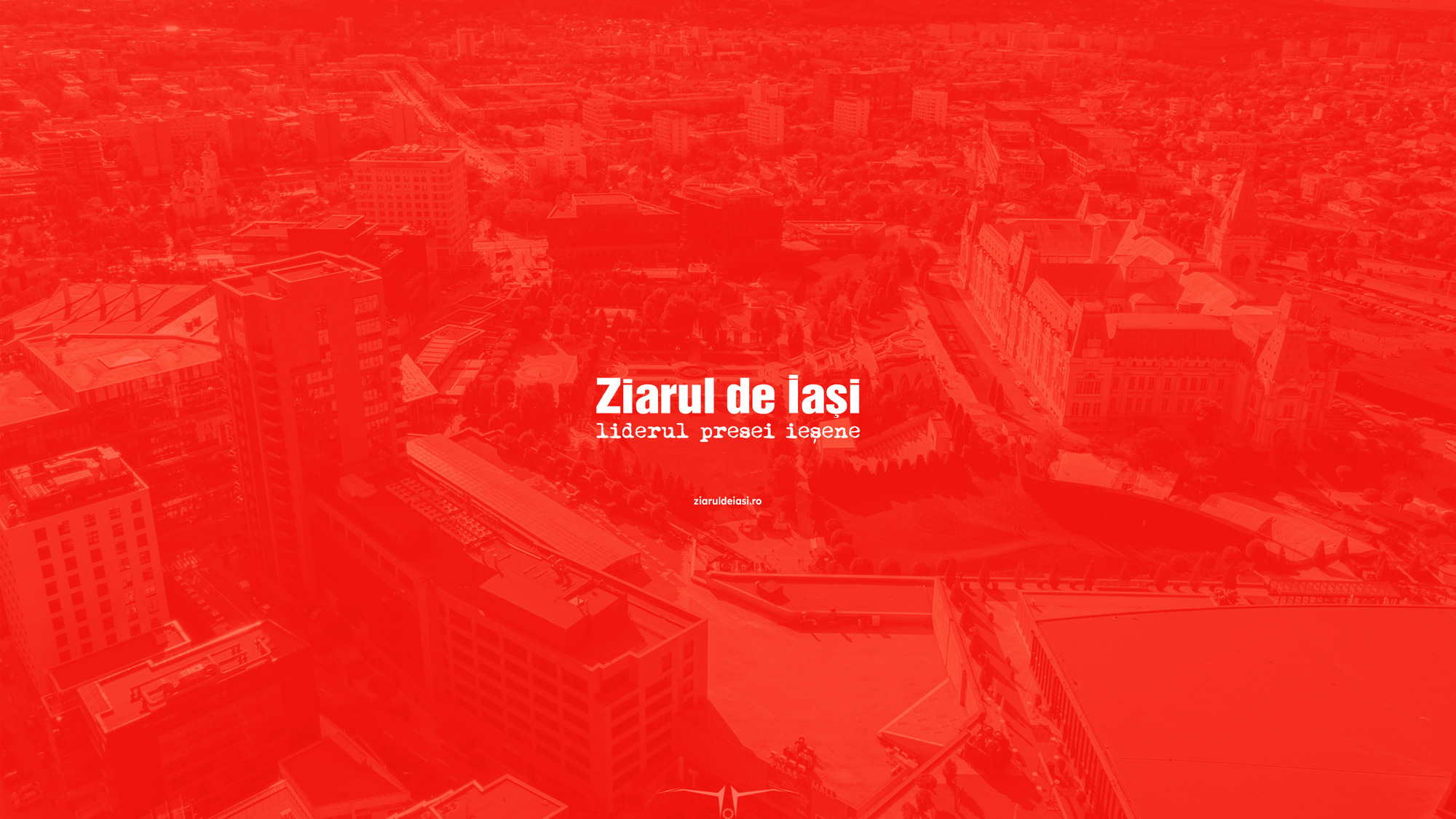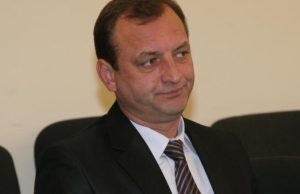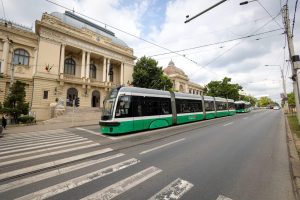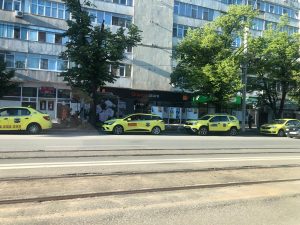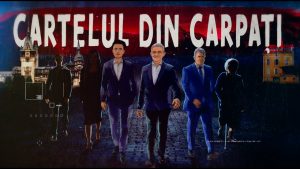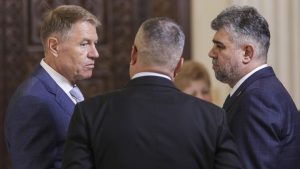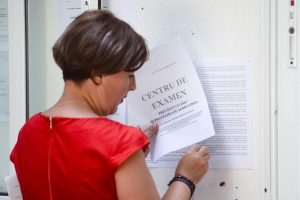
It may seem paradoxical that the installation of a democratic regime in Romania sharpened the problem of the interethnic conflicts. It is also paradoxical that such conflicts did not existed during the communist regime. Of course these may be invalidated first by the great difference between the two regimes. But what happened in the past matters less: it matters what is happening now.
And what is happening now? There are the same minorities and the same quarrels generated especially by natural reasons and not by the ethnic difference. Excepting the episode of Tirgu Mures, where there was a real interethnic conflict, which outburst on the background of a collective psychosis, the other quarrels are in fact social and also occur between the people of the same nationality.
There are quarrels and fights because a Gypsy stole something from a Romanian, or the other way. The Hadareni case, when the Romanians set the Gypsy houses on fire and killed each other, is very representative. Was there an ethnic discrimination, or social problems? Otherwise these are the people’s convictions, who live together for ages, sharing the difficulties, the joys and the land. That’s how they see things from the land where they settled. This is also valid for the Magyar minority, the most numerous in Romania, and when we say the Magyar minority we refer to the common people.
The others, the elected ones see things differently. They see through the binoculars installed in Bucharest how the Magyars oppress the Romanians by exploiting them and buying their lands as if they could load it in trucks and sent it to Budapest.
It is interesting that two years ago the Magyars of Harghita and Covasna were accused of wanting to found their own state on the Romanian territory they inhabited.
This infuriated the nationalist extremists. There were held many demonstrations and meetings with coloured placards and slogans like "Down with the Magyars", "we do not sell our country", etc.
The bubble vanished quite soon as the West was laughing at such manifestations. On the brink of the third millennium the notion of borders have a rather spiritual connotation than a physical one. The new borders are economic and this made our false nationalists even more mad.
Others got angry only when they hear that the poor minorities don’t know how to speak Romanian well. They want the state oblige everybody to learn the official language. But the constraint will not bring the harmony they long for. The natural selection wouldn’t solve the problem of the language they will have to speak? As they will have to speak Romanian very well in order to get employed or complete their studies, or face the inherent problems of life?
Finally, another category of Romanians with certain political occupations, speculate anything it suits them, turning their nationalist speeches into political and electoral capital. Here goes also the proposal of the Harghita-Covasna motion regarding the application of a special protection program for the Romanians within the two counties. Nor PNTCD’s reaction was very prompt and clear. Besides rejecting the authors’ arguments, they didn’t make many declarations. This could be a sign that PNTCD is trying to retrieve the national component part mentioned by its denomination.
A commentary by Sorin Cozlac.

